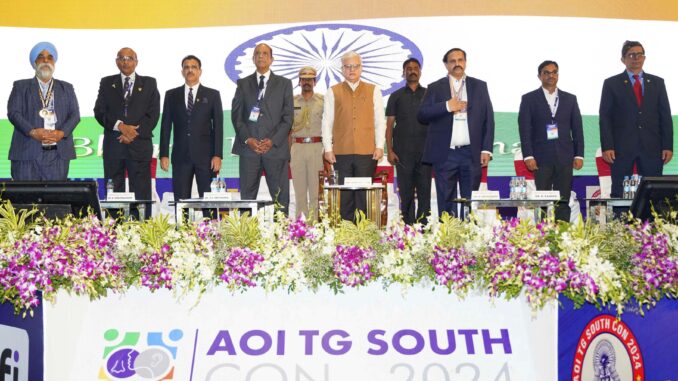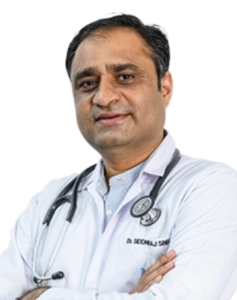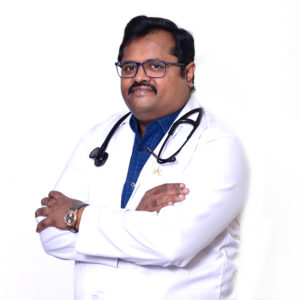Mumbai, October 24, 2024: Corneal blindness is on the rise in India, with the country seeing an estimated 20,000 to 25,000 new cases every year. It is a significant cause of vision loss in the country, accounting for around 7.5% of the total blindness burden. The causes of corneal blindness have shifted in recent years from infectious diseases like keratitis to eye trauma and other eye complications, but the burden remains substantial, especially in rural areas where access to eye care is limited. This was said by Dr. Smit Bavaria, Cataract Surgeon, Wadala, Mumbai, Dr Agarwals Eye Hospital during the ongoing Blindness awareness month.
Keratitis typically progresses from mild irritation, redness, or vision impairment to severe scarring or opacity of the cornea, leading to partial or complete loss of vision if left untreated. However, treatment is most effective in patients who receive early intervention, especially those with infections or minor injuries that have not yet caused deep corneal damage. Without timely treatment, many patients, particularly in rural or underserved areas, develop irreversible blindness.
Talking about the condition, Dr. Preethi Naveen, Senior cornea and refractive surgeon, Medical Director, Dr Agarwals Eye Bank, Chennai said: “Corneal blindness is a significant cause of vision loss in India, affecting approximately 12 Lakh people. India’s high prevalence of corneal blindness is primarily due to infections like trachoma and keratitis, eye injuries in industrial and agricultural settings, and widespread vitamin A deficiency. Poor hygiene, delayed medical interventions, and limited access to healthcare, particularly in rural areas further aggravate the problem. Children and working-age adults in rural areas are particularly susceptible due to malnutrition, frequent eye injuries, and limited healthcare access. Elderly individuals are also at risk due to degenerative eye conditions. Overall, an estimated 1–2% of India’s total population is at risk of developing corneal blindness”.
“Current diagnostic methods for corneal blindness in India include a comprehensive eye examination, visual acuity testing, and slit-lamp biomicroscopy, which allow ophthalmologists to assess corneal clarity and identify conditions like keratitis, ulcers, or scarring. Advanced imaging techniques such as anterior segment optical coherence tomography (AS-OCT) and corneal topography provide detailed assessments of corneal thickness and surface irregularities, aiding in accurate diagnosis. Corneal transplantation or therapeutic interventions are also highly successful in individuals without significant underlying health conditions, such as diabetes or severe immune disorders, which may complicate recovery” added Dr. Preethi Naveen.
Dr. Sanjana Vatsa, Cornea and Refractive eye Surgeon, Bengaluru, Dr Agarwals Eye Hospital said: However, challenges in accessibility and healthcare disparities persist, highlighting the need for continued and targeted interventions. Many patients in rural areas lack access to quality eye care services, which often results in irreversible corneal damage before they seek help. Additionally, there is a substantial gap in training and resources for healthcare providers, limiting their ability to effectively manage and treat corneal conditions. Shortage of corneal donors is also one of the major barriers, as there are few organized corneal transplant programs in place. Despite efforts to promote eye donation and corneal transplantation, the demand for corneas significantly outpaces supply, with only 25,000 to 30,000 corneal donations annually against a need for 200,000 transplants. Socio-economic factors, such as poverty and malnutrition, exacerbate the risk of corneal blindness, making it difficult to implement comprehensive prevention and treatment strategies.
“Reducing the incidence of corneal blindness in India requires a multi-faceted approach. At individuals level, there is a need to increase awareness about eye health, encouraging routine eye examinations to identify and treat issues at an early stage. Launching initiatives focused on eye health education and the importance of corneal donation can increase public participation. Implementing programs to address nutritional deficiencies, particularly vitamin A supplementation in vulnerable populations, can reduce corneal-related issues.” added Dr. Vatsa.








